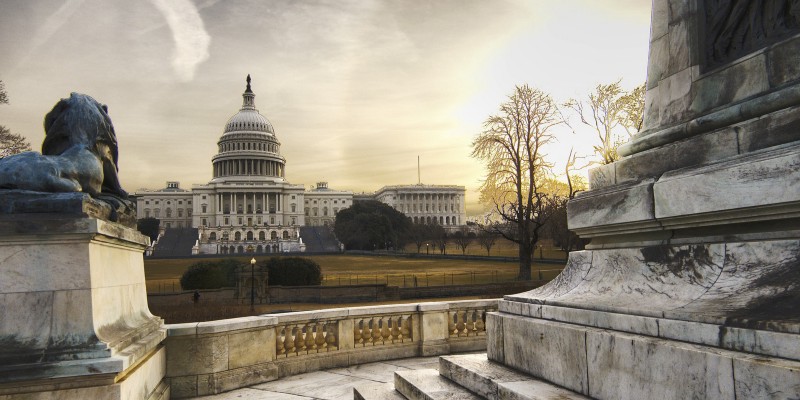 Rule 19 is interpreted to prevent any disparagement of another senator, regardless of whether it is true. (Rarely used)
Rule 19 is interpreted to prevent any disparagement of another senator, regardless of whether it is true. (Rarely used)
The rule of perpetuities describes the sense of subjective time elapsed once a senator commence an oration.
The Graham rule describes a privilege against testimony in a murder trial of another senator should death occur on Senate floor.
Note: Godwin’s rule (now a law) was suspended from 1939–1945.
Rule 34 applies to members of the senate but no one has ever dared check its application.
Rule 66 permits the permanent removal of senators who are members of the Jedi order.
The mirror rule describes what every senator sees when looking at a reflecting object.
The Franklin rule describes the circumstances under which a republic can be maintained.
The public conveyance rule describes the strictures placed on senators from Delaware in their choice of mode of transportation.
The Thurmond rule describes a longstanding caution about any comely person being located within arm’s reach of a senator.
The Daschle rule states the likelihood of a member of the Senate becoming a lobbyist approaches 1 as relates to the passage of time.
— Written by Daniel Schuman
